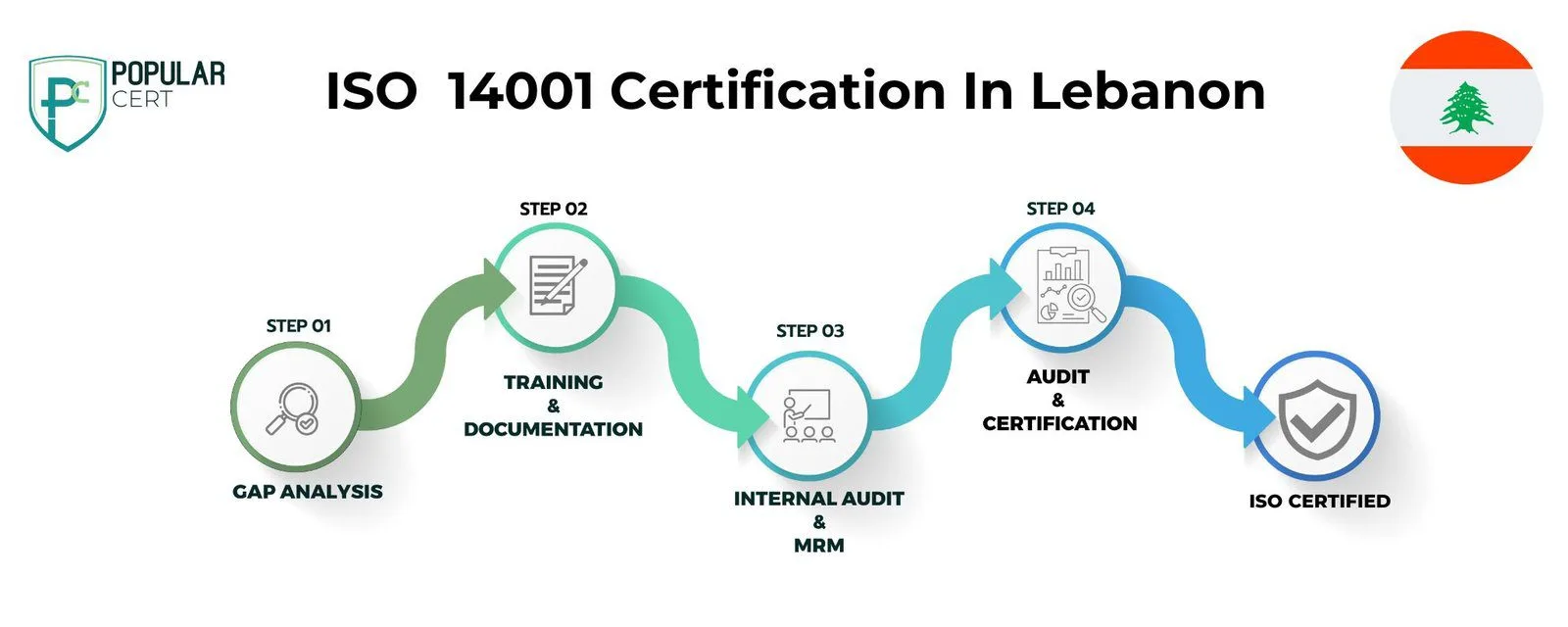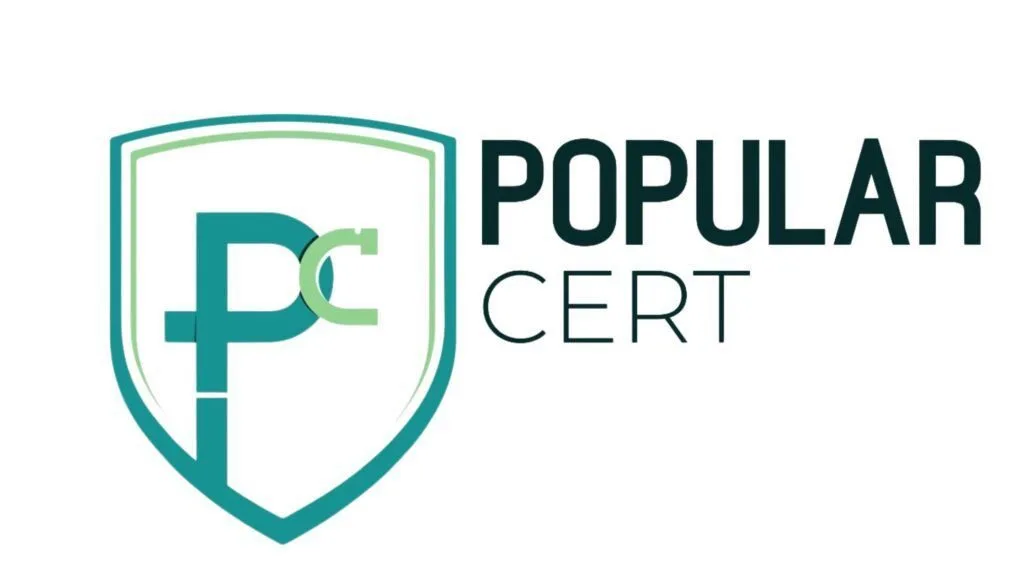ISO 14001 Certification in lebanon
Get Free Consultation
ISO 14001 Certification in Lebanon is an internationally recognized standard that demonstrates a company’s commitment to effective environmental management practices. Developed by the International Organization for Standardization (ISO), ISO 14001 helps businesses in Lebanon reduce their environmental footprint, comply with local regulations, and operate more sustainably.
This certification is especially relevant for industries in Lebanon such as manufacturing, construction, tourism, agriculture, and energy—where environmental impact is a growing concern. By implementing an Environmental Management System (EMS) under ISO 14001, organizations can identify environmental risks, reduce waste, improve resource efficiency, and ensure long-term environmental compliance.
What is ISO 14001 Certification?
ISO 14001 is an internationally recognized standard for Environmental Management Systems (EMS), designed to help organizations improve environmental performance and comply with legal requirements. Achieving ISO 14001 certification in Lebanon demonstrates your commitment to sustainability, pollution prevention, and resource conservation. It enhances your reputation among stakeholders, reduces operational costs by improving energy efficiency, and ensures compliance with Lebanese and international environmental regulations.
Why do you need ISO 14001 Certification in Lebanon?
ISO 14001 certification is essential in Lebanon to demonstrate a commitment to environmental responsibility and sustainability. It helps organizations comply with local and international environmental regulations, reducing the risk of legal penalties. By improving resource efficiency and minimizing waste, it lowers operational costs and enhances overall efficiency. The certification boosts your reputation among stakeholders, giving you a competitive edge in the market. ISO 14001 also fosters continuous improvement, helping businesses adapt to evolving environmental challenges and meet customer expectations for sustainability.
How to Get ISO 14001 Certification In Lebanon?

Process to Get ISO 14001 Certification In Lebanon
Consultation and Gap Analysis
Evaluate your current processes and environmental management practices to identify gaps against the requirements of ISO 14001. This helps create an action plan for compliance.
Planning, Documentation, and Policy Development
Develop essential documentation, such as the Environmental Management System (EMS) policy, objectives, and procedures. Implement these processes effectively across your organization.
Internal Audit
Conduct internal audits to verify compliance with ISO 14001 standards and identify areas for improvement. Address any non-conformities to prepare for external audits.
Management Review
Hold a management review meeting to evaluate the EMS's performance, ensure alignment with strategic goals, and confirm readiness for certification.
External Certification Audit
Partner with a recognized certification body like PopularCert to undergo a two-stage audit. The initial stage reviews documentation and the second stage assesses the implementation. Upon successful completion, ISO 14001 certification is awarded.
Benefits of ISO 14001 Certification in Lebanon
- Environmental Compliance: Ensures compliance with Lebanese and international environmental laws, reducing the risk of fines and legal issues.
- Cost Savings: Improves resource efficiency, reduces waste, and optimizes energy use, leading to cost savings in operations.
- Enhanced Reputation: Demonstrates your commitment to sustainability and environmental responsibility, boosting your organization’s credibility with customers, stakeholders, and regulatory authorities.
- Competitive Advantage: Helps differentiate your business in the marketplace, attracting environmentally-conscious customers and partners.
- Risk Management: Identifies environmental risks and implements mitigation strategies, minimizing potential negative impacts on your business.
- Continuous Improvement: Encourages ongoing development of environmental practices, driving long-term sustainability and operational excellence within your organization.
Types Of ISO Certifications In Lebanon
Get Free Consultation
Our Clients


















Cost of ISO 14001 Certification in Lebanon
The cost of ISO 14001 certification in Lebanon varies based on factors such as the size of your organization, the complexity of your operations and the scope of environmental management required. Typically, costs include consultancy fees, training expenses, documentation preparation, internal audits and certification body fees. While the overall cost may seem high, the investment offers long-term savings through improved efficiency, regulatory compliance and enhanced reputation.
Achieve ISO 14001 certification in Lebanon with the help of expert consultants to enhance your business quality, improve operational efficiency, and ensure compliance all at the best cost. Secure your certification with our comprehensive support, designed to streamline the process and deliver long-term benefits for your organization.
Why choose PopularCert?
Choose PopularCert in Lebanon for ISO 14001 certification due to our extensive expertise and commitment to delivering tailored solutions for your business. With a team of experienced consultants, we guide you through every step, from gap analysis to certification. Our efficient, cost-effective approach ensures seamless integration of environmental management practices into your operations, enhancing compliance and sustainability. Partner with PopularCert to achieve ISO 14001 certification and position your business as a leader in environmental responsibility and operational excellence.
GET A FREE CONSULTATION NOW
FAQ
What is ISO 14001 certification?
ISO 14001 certification is an internationally recognized standard for Environmental Management Systems (EMS). It helps organizations improve their environmental performance, comply with regulations, reduce waste, and enhance sustainability, while also demonstrating commitment to environmental responsibility to stakeholders.
Why is ISO 14001 Certification important in Lebanon?
ISO 14001 Certification is essential in Lebanon to:
- Reduce environmental impact and comply with local regulations.
- Improve resource efficiency and reduce waste.
- Enhance business reputation by showcasing commitment to sustainability.
How to get ISO Certification in Lebanon?
To get ISO certification in Lebanon, select a reputable certification body like PopularCert, conduct a gap analysis, implement necessary processes and documentation, and undergo internal audits. After preparing your organization, complete the certification audit with an accredited body. Successful audits result in ISO certification, validating your compliance with the standard.
How to apply for ISO Certification in Lebanon?
Get in touch with PopularCert for professional guidance. We provide comprehensive consultancy services to streamline the certification journey, ensuring full compliance with ISO standards at every step of the process.
